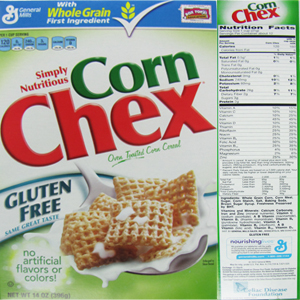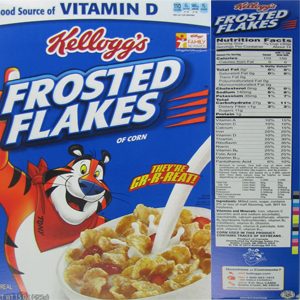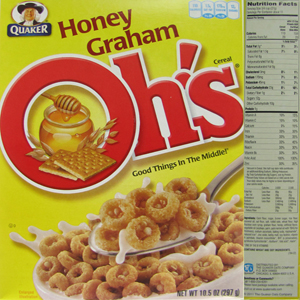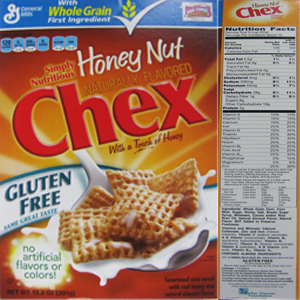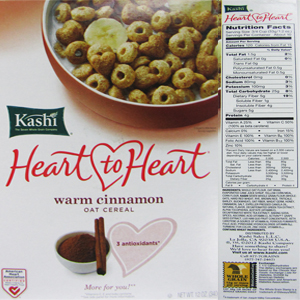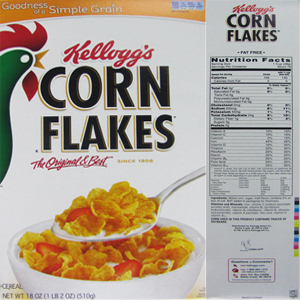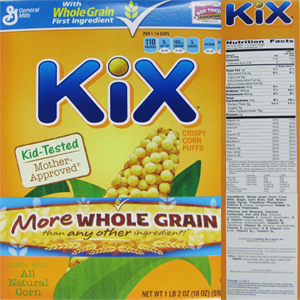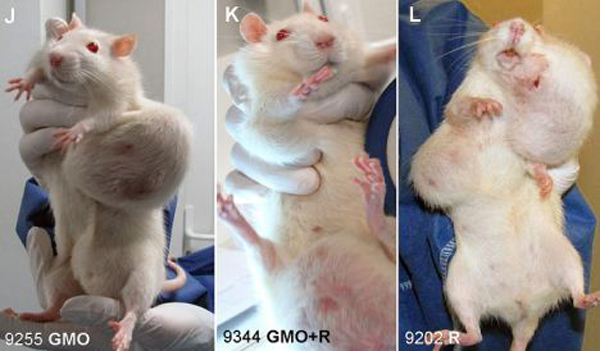It’s my hope that you’ll never use Canola Oilagain! Why? Because of GMO’s (more on this below) and the harmful side effects from the processing of this oil. You know that Olive Oil comes from olives, and that Sesame Seed Oil comes from sesame seeds. It would make sense that Canola Oil comes from Canola Seeds, right? Well, there’s actually no such thing.
Canola is a made-up word which stands for “Canadian oil low acid”, and is a genetically modified product. It is a Canadian invention that is backed by the government. It’s a cheap product to manufacture, and almost all processed or packaged foods contain canola oil.
Facts You Should Know About Canola Oil
Canola Oil is produced from the rapeseed plant, which is a part of the mustard family. It’s an industrial oil, not a food, and has been used in candles, soaps, lipsticks, lubricants, inks and biofuels. Rapeseed oil is what is used to make mustard gas. In its natural state, it causes respiratory distress, constipation, emphysema, anemia, irritability and blindness.
Now that we have figured out how to genetically modify rapeseed oil, we sell it as an edible product. It has been brought to market with the claim that it is a wonder oil, that is low insaturated fats, and has omega-3 fatty acids. The problem is that it is still just rapeseed that has been genetically modified.
Studies have shown that rapeseed has a cumulative effect, and can take close to ten years to manifest symptoms. One claim of long term use is the destruction of the protective coating around the nerves called the myelin sheath. This is how Multiple Sclerosis begins. Some of the symptoms presented have been:
- Shaking & Tremors
- Breathing Problems
- Difficulty Walking Or Writing
- Slurred Speech
- Heart Problems
- Thought Process Degrades
- Memory Problems
- Low Audio Levels
- Urinary Incontinence
- Nervous Breakdown
- Numbness Of Extremities
What else can it do to you? Canola oil will deplete Vitamin E, and will interfere with normal metabolism and enzyme function. It also suppresses the immune system. Rapeseed Oil is a monounsaturated oil, and has high levels of erucic acid. Erucic Acid is a fatty acid that is associated with heart damage, specifically Heshan’s Disease, a disease that manifests itself with fibrotic lesions of the heart.
In the 1970′s, food manufacturers came up with a method to genetically modify the rapeseed plant by seed splitting. This process produced a canola oil with less erucic acid, and higher amounts of oleic acid, which lead to additional concerns with canola oil, like:
- Blood Platelet Abnormalities
- Retards Normal Growth (Illegal in infant formulas)
- Free Radical Damage
- Higher Cancer Risks Due To The Hydrogenation Process
It’s also important to understand that this new processed oil goes through many steps, most of which harm the nutritional value, introduce toxins, and actually change the oil’s structure causing it to become hydrogenated oil.
Those are the types of oils you want to avoid like the plague: Hydrogenated and Partially Hydrogenated oils!
Trans fatty acids are the result of this hydrogenation process. These are hazardous by-products, and are health destroyers. You should stop cooking with these oils:
* Corn Oils * Safflower Oils * Soy Oils
Food manufacturers are not required by law to tell you if their products contain GMO’s. It’s up to us to be well informed, and read the labels. Monsanto has been incorporating genetically modified organisms in its canola oil seeds, and now we know that Monsanto has also been selling GMO seeds for the following plants:
- Canola
- Alfalfa
- Corn
- Cotton
- Wheat
- Sorghum
- Soybeans
- Sugarbeets
How to Choose A Good Oil
When you’re buying a cooking oil, consider these things:
1. Choose a “Cold Pressed” or “Extra Virgin” type.
2. Should be available in glass containers.
3. The bottle should be a dark color, and kept in a dark place once opened.
4. Make sure it is GMO-free.
5. Go with Organic.
2. Should be available in glass containers.
3. The bottle should be a dark color, and kept in a dark place once opened.
4. Make sure it is GMO-free.
5. Go with Organic.
What does Extra-Virgin Mean? It’s simply another way of referring to “cold pressed”, which means that the oil was made by using pressure to extract the oil from the seeds, grains, nuts, etc., and there was no heat utilized during the processing. Heat causes a degrading of the nutritional value of the oil. Extra Virgin also means that no chemical solvent was used, nor was it deodorized or altered in any way.
What Oil to Use Instead? I personally cook with coconut oil more than any other oil. It’s good for weight loss, cooking, moisturizing and tons of other great uses. I recommend the brand Garden of Life Coconut Oil, which you can get at my online store, HERE.

Now that you’re armed with the facts, use them to guard your health! Stay clear of Canola Oil, and all GMO foods.
Other resources:
Look for foods with the Non-GMO label. More info here: nongmoproject.org
Check out the Non-GMO Shopping guide here: nongmoshoppingguide.com

 Tuesday, October 02, 2012
Tuesday, October 02, 2012
